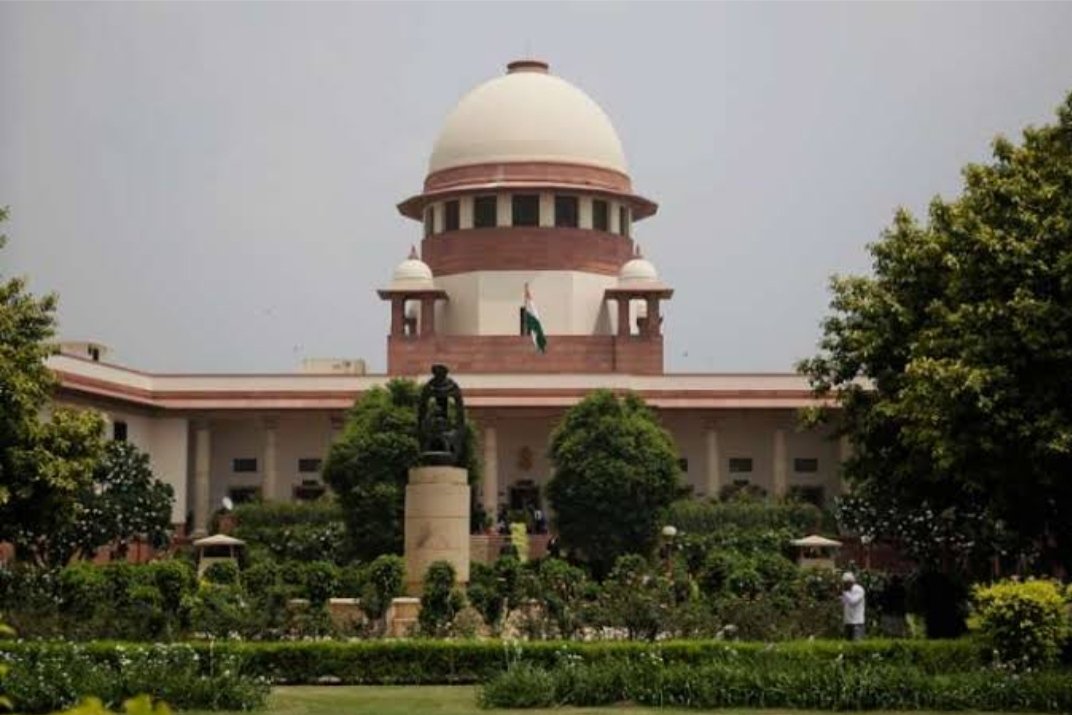Keypoints:
- SC decided to examine whether 1992 verdict by a nine-judge bench capping quota at 50% needed to be revisited, but exceptions can be made in extraordinary situations.
- This will be done in a view of subsequent constitutional amendments and changed social dynamics.
- This decision has been held for three decades.
On Monday, the Supreme Court decided to examine whether the review of 50% cap on quota needs to be revisited. The issue stands whether it is time to scrap it on quotas in educational institutions and jobs needs to be answered in the context of the “changed social dynamics of the society” and recent constitutional amendments.
Constitution bench consisting of five judges Justices Ashok Bhushan, L Nageswara Rao, S Abdul Nazeer, Hemant Gupta and S Ravindra Bhat are examining the validity of the Maharashtra government’s decision to grant reservation to Marathas, agreed to expand the ambit of the proceedings to settle the 50% ceiling and larger constitutional questions pertaining to reservation and issued notices to all states and Union territories.
Claiming it a matter of “seminal importance”, the five-judge bench which was headed by justice Ashok Bhushan, issued notices to all states and sought their views on the review of the mandate laid down in the Indra Sawhney case, which ruled that “reservation should not exceed 50%, barring certain extraordinary situations.”
The 10% quota for the general-category poor is in addition to the currently provided 27.5% quota for the OBC (other backward class) category, 15% quota for SCs (Scheduled Castes), and 7.5% quota for the STs (Scheduled Tribes), collectively known as the socially and educationally backward classes.
Senior advocate Rajeev Dhavan, who is leading those opposed to the quota based on economic status, demanded the case be examined by a larger bench, as any increase beyond the court-mandated 50% would impinge on the equality principle enshrined in Article 14.

